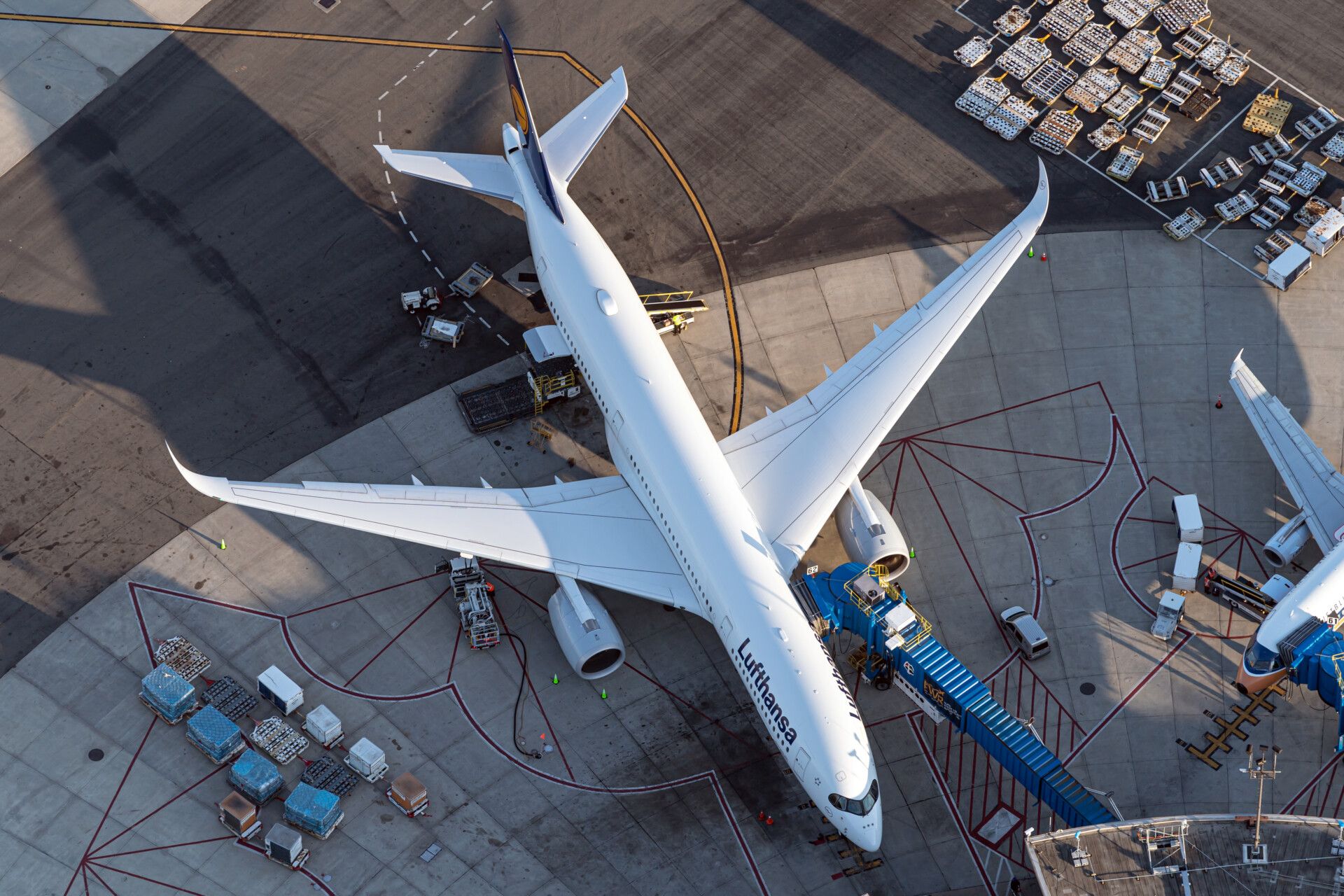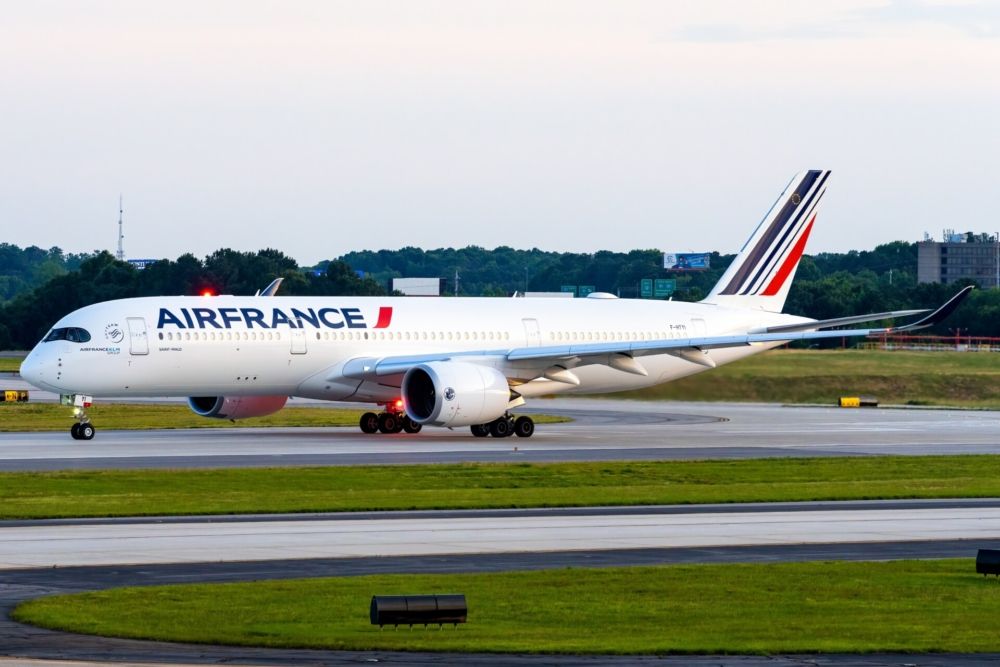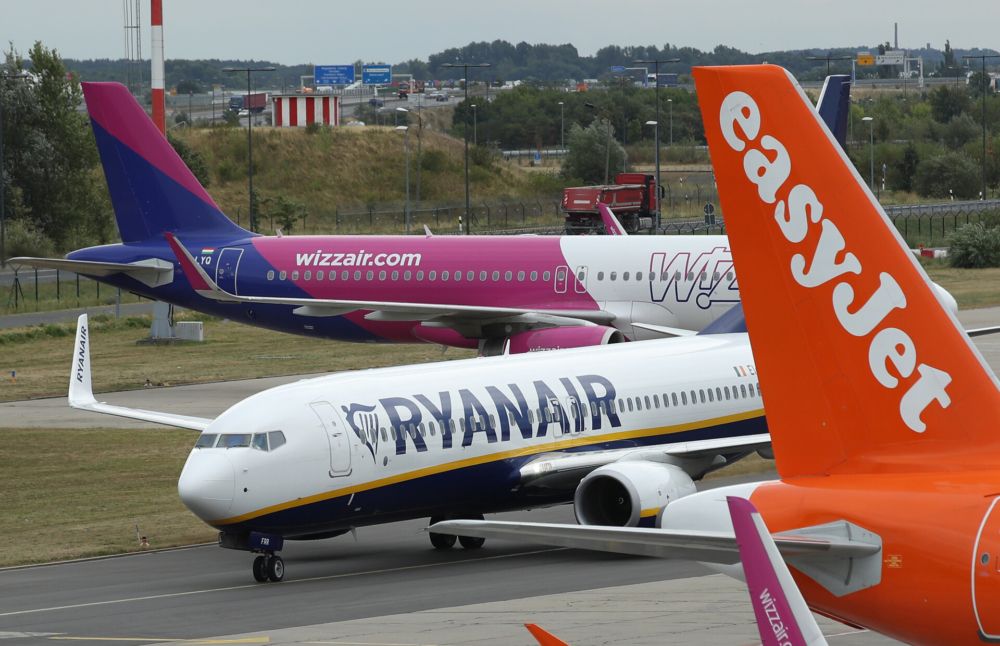The European Commission wants to introduce a tax on kerosene jet fuel for intra-EU flights from 2023. An alliance of 20 airlines and airports, including Lufthansa, Air France-KLM, Frankfurt, and Schiphol, is opposing the new system, which it says will drive customers towards operators outside of the bloc.
Taxing intra-EU jet fuel from 2023
Last summer, the European Union announced plans to begin a progressive taxation scheme for jet fuel from next year. This would see conventional fossil-based aviation fuel for private and commercial flights within Europe taxed along the lines of other transport sectors.
The European Commission has proposed a timeline of ten years to gradually introduce the new tax, allowing the industry some time to recover from the COVID-19 crisis. It will also implement a sustainable aviation fuel (SAF) blending mandate to increase over time, and stricter rules on CO2 emissions.
However, many European airlines and airports are not happy about how they claim the proposed new climate legislation will impact their industry. On Monday, an alliance of 20 members said they reject an outright kerosene tax, Reuters reports.
Furthermore, the group claims that the environmental measures would make them less competitive compared to non-European rivals. Passengers, they say, would be pushed towards carriers from outside the Union, and the unfair advantage will drive traffic to non-EU airports.
The anti-tax alliance is composed of, among others, Lufthansa and all its Group subsidiaries, Air France-KLM, as well as major airports, including Amsterdam Schiphol and Frankfurt.
Stay informed: Sign up for our daily and weekly aviation news digests.
Climate neutrality by 2050
The alliance participants opposed to the new climate plan do assert that they are generally favorable to the EU 'Fit for 55' climate package. This aims to reduce CO2 and other greenhouse gas emissions across the bloc by 55% by 2030 compared to 1990 levels. Ultimately, the goal is to become the world's first climate-neutral continent by 2050.
Meanwhile, many low-cost competitors believe that some form of carbon taxation scheme will be necessary, as long as it is 'fair'. The current proposition, which targets only intra-European services, would only cover 40% of overall fuel sales.
Shifting emissions to other regions?
According to the Commission's proposal, the minimum tax rate would start at zero in 2023 and gradually increase over ten years until the full rate of €10,75/Gigajoule is reached. Many industry sources believe the taxation to be misguided, taking funds away from efforts towards decarbonization, thus hurting the industry's push towards climate neutrality in the long run.
"By making flying more expensive, it may shift demand globally and reduce traffic locally. But it will not tackle the source of the emissions. We need to invest in solutions that offer real reductions in CO2 emissions per aircraft. Increasing costs reduces our capacity to make these investments whilst CO2 emissions are potentially shifted to other regions,” Thomas Reynaert, managing director of Airlines For Europe, said when the plan was revealed this summer.
What are your thoughts on the EU's new Energy Taxation Directive? Leave a comment below.



